Publications
fp21 is building a new culture of foreign policy. Explore our publications below.

How to Predict the Future in Foreign Policy
Thomas Scherer: Every policy is a claim about how the future will transpire. Understanding the future is thus a central task for the designers of foreign policy. This report offers a first-of-its-kind review of the nascent body of evidence of what works in accurately forecasting the future. It groups nearly 20 distinct methods into three categories -- human judgment forecasting, quantitative prediction, and foresight -- in order to elucidate proven methods to help us accurately peer into the future.
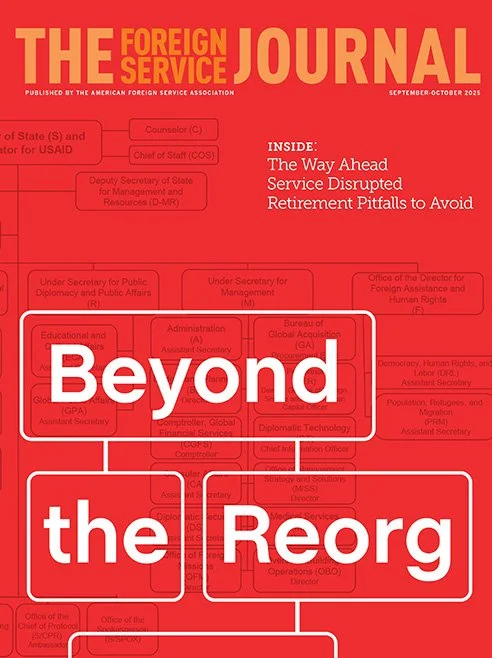
A Curriculum for the Foreign Service
Dan Spokojny — Traditional sources of wisdom are necessary but insufficient for the development of expertise. Effective diplomats must also be scientists. Social science guides adherents to produce high-quality feedback necessary for the development of expertise. It seeks patterns of human behavior while seeking to minimize subjectivity and bias.

Building on a Bedrock of Innovation at State: Improving Tech Capacity To Improve America’s Foreign Policy
Joel Burke: The State Department has been slow to adopt and fully roll out new tech, which is essential for modernizing US foreign policy. Now, State must shed that image and build on the initial bedrock of AI innovation it has forged to become a leading force to deliver on America’s objectives. This report explores a brief history of IT projects at State and presents concrete ideas for improving State’s technical capacity.

Philanthropy Needs a New Playbook
Dan Spokojny: Decades of investments demonstrate that philanthropy’s foreign assistance playbook is, at best, incomplete. Working around the government is an ineffective — and perhaps even counterproductive — approach. Instead, philanthropy should use its limited resources to bolster the capacity of the U.S. government itself. This is especially true for the State Department, which is taking on the difficult task of integrating USAID and foreign assistance.

How to Make Rubio’s State Department Reform a Success
Dan Spokojny: The most compelling theory of success for Secretary Rubio’s reorganization of the U.S. Department of State is that a transfer of power to the regional bureaus will not simply streamline, but also encourage increased cooperation within the Department. The author offers five suggestions to help this plan succeed.

Doctrine for Engineering Foreign Policy
Dan Spokojny: This article digs into the details of what a doctrine for policy engineering might look like, offering detailed recommendations on advance effective policy. It includes a one-page checklist that practitioners can use to support their own strategy processes.

Building tech capacity at State
Joel Burke: In our current time of unprecedented technological change, the federal government requires more technical expertise than ever before. The State Department can and should be a shining example of a well-run government agency — all it takes is the will to do so. Unfortunately, the State Department has not shown that it is up to the task when it comes to building, maintaining, and effectively utilizing technology products.

Improving Data Utilization in Diplomacy
Lula Chen: This article suggests four ways to improve the use of data and data integration into decision-making at the State Department: Identify key decisions where evidence from data is valuable; Identify a few, high-quality metrics and indicators that provide compelling evidence for a decision; Lower barriers to data access, and; Interpret data with subject matter experts.

Improving Risk Assessment Processes within the State Department: Lessons from Foreign Terrorist Organization Practices
Michael Becker: The process governing the Foreign Terrorist Organization (FTO) listing process contains a number of pathologies emblematic of broader challenges in the practice of American foreign policy. The current FTO process reflects outdated attitudes toward resource stewardship, deterrence, and risk assessment that pervade current American foreign policy.
Dan Spokojny on NPR
The Trump administration's push to downsize the federal government could hit the State Department next. Ambassadors have already been asked to look for ways to cut back at U.S. embassies around the world, and there is speculation that some embassies could be shut down or consolidated.

From Strategy to Action: Rethinking How the State Department Works
Dan Spokojny: Effective foreign policymaking does not merely spring from the Department’s wealth of knowledge and experience. While recent modernization efforts have rightly focused on helping the department develop, acquire, and retain expertise, that expertise needs an organizational culture that prioritizes action.

What We Mean When We Call Something an Intelligence Failure
Gary Gomez: When most people hear the words “intelligence failure,” they think of a surprise event that an intelligence service failed to predict. But what if that’s all wrong? To address these questions, this article critically reviews what we mean by intelligence failure and how the term is used and perceived in the public sphere.

Podcast: Dan Spokojny Joins Security Dilemma to Discuss Reforming American Diplomacy
John Allen Gay and A.J. Manuzzi interview Dan Spokojny, a former U.S. Foreign Service Officer and the founder of fp21, a think tank devoted to promoting more evidence and learning based foreign policy processes. This conversation discussed knowledge management, groupthink, U.S. policy processes, and efforts at State Department reform.
Dan Spokojny on NPR’s Morning Edition
fp21 CEO Dan Spokjojny is interviewed on NPR’s Morning Edition. The topic: As the transition to a new administration approaches, what is the likely impact on a decidedly nervous State Department? Secretary of State Antony Blinken is making a last-ditch effort to get more career ambassadors confirmed by the Senate. He's tried to rebuild a department gutted during the previous Trump administration. NPR's Michele Kelemen reports.
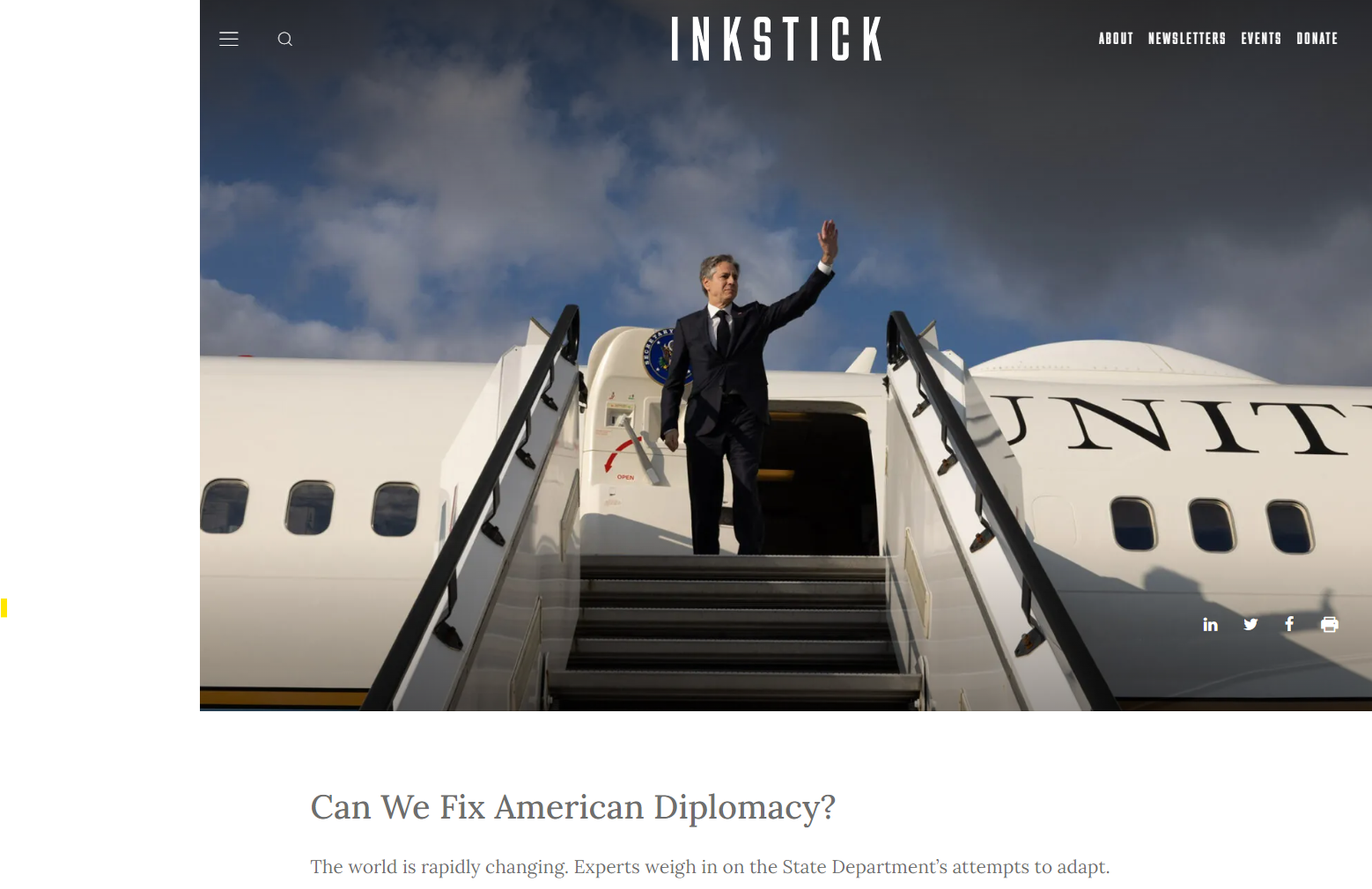
Can We Fix American Diplomacy?
Dan Spokojny: The quality of our institutions’ policymaking processes — the ability to turn ideas into action — ought to be an essential concern for grand strategists. Upgrading the U.S. Department of State's decision-making process may be the most impactful intervention to strengthen our national security. This was the thesis for a talk and article offered to The Stimson Center's Reimagining Grand Strategy event in September.
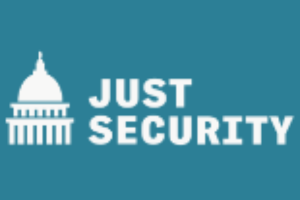
Congressional Commission to Reform the State Department
The new Congressional Commission on Reform and Modernization of the Department of State represents a rare bipartisan consensus: the State Department remains an essential asset for U.S. national security but needs revitalization. This article proposes four questions the Commission needs to consider to set itself on a successful path.
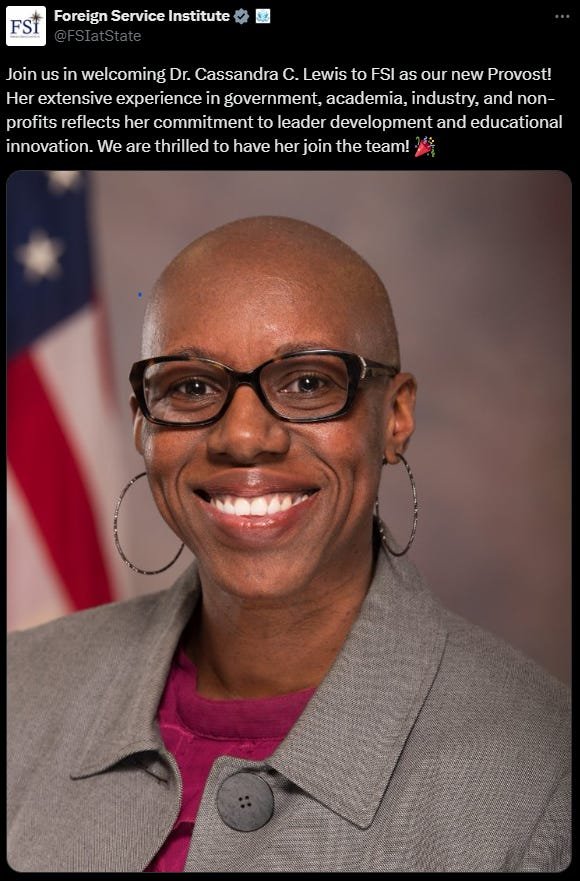
Advice for the Inaugural Provost of the Foreign Service Institute
Dr. Cassandra C. Lewis has been appointed the inaugural Provost for the US Department of State’s Foreign Service Institute. The new Provost will oversee the curriculum used to train America's diplomats. This article offers suggestions for the new provost can make the most of this opportunity.
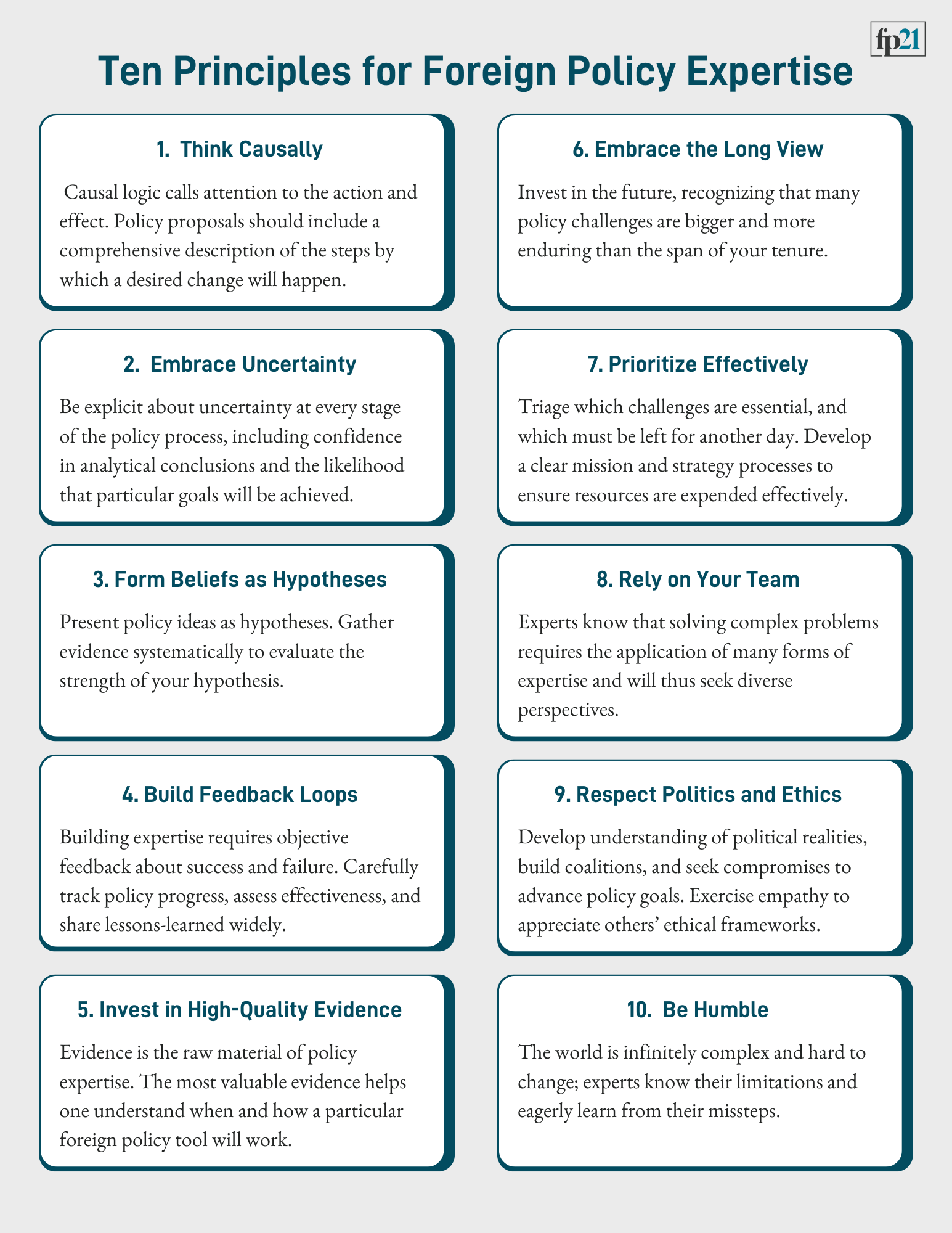
Ten Principles for Foreign Policy Expertise
Dan Spokojny: Guided by a theory of expertise, this articles offers ten principles that are central to the development and operationalization of expertise at the US State Department. They include embracing uncertainty, building feedback loops, investing in high quality evidence, relying on one's team, and more.
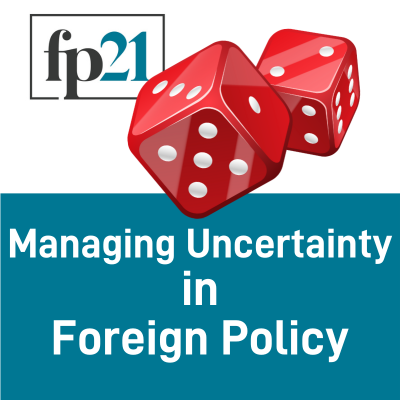
How to Embrace Uncertainty in Foreign Policy
Dan Spokojny: Managing uncertainty is a skill. It requires specialized techniques central to healthy decision-making. But when our policymakers ignore uncertainty in favor of instinct-driven assertions, they pass up opportunities to make it a little bit easier. Managing uncertainty should be a core skill for every aspiring foreign policy expert. This article is a primer on understanding how to manage uncertainty effectively.
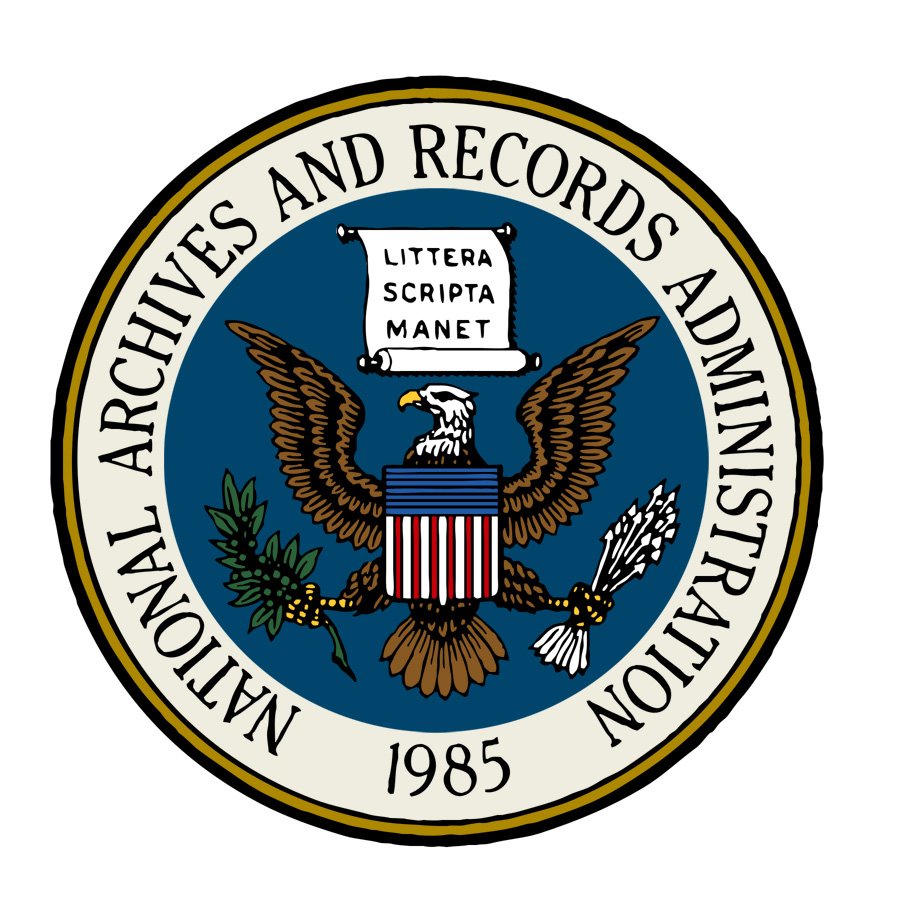
State Department FFRDC: Public Comment for the Federal Register
Dan Spokojny: The May 17 announcement that the State Department will sponsor its first research and development center is “a huge win for diplomacy.” The State Department invited public comment about its proposal, so fp21 and our partners mobilized to respond and help push this proposal forward.

